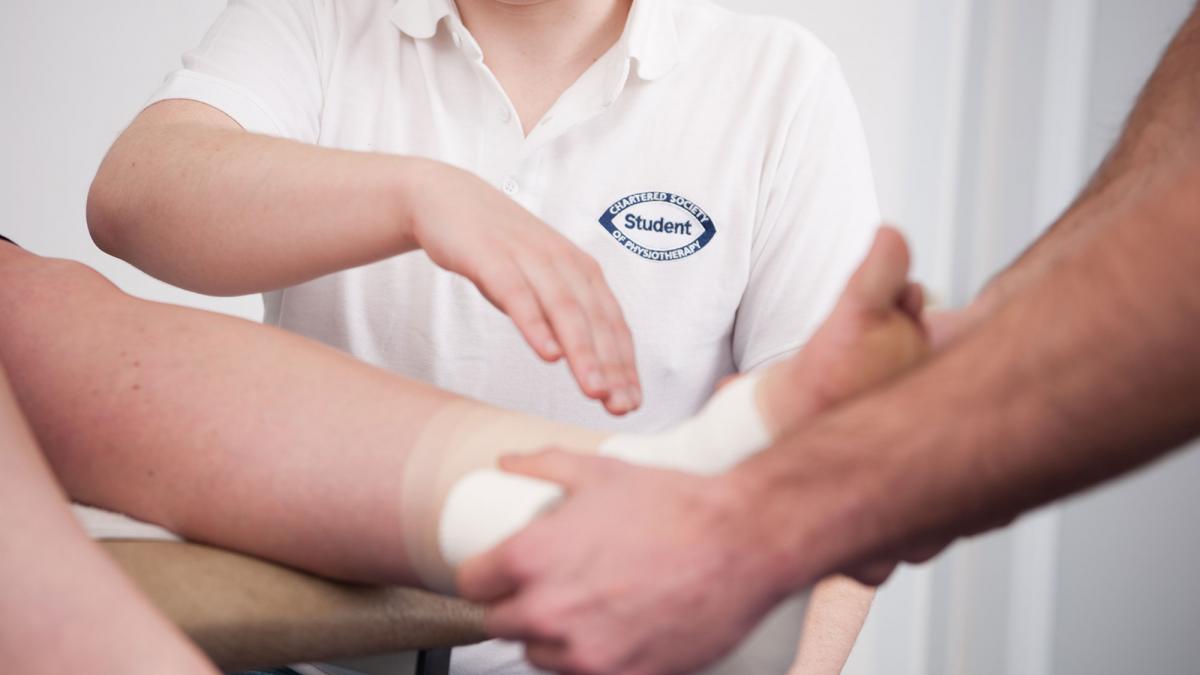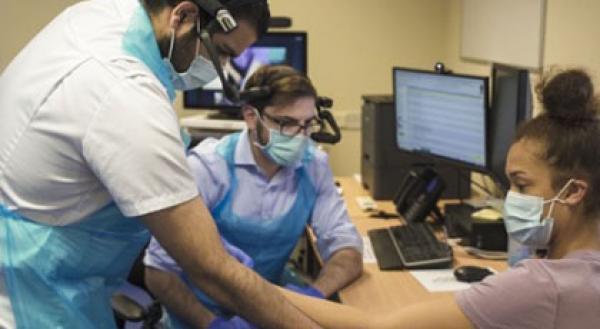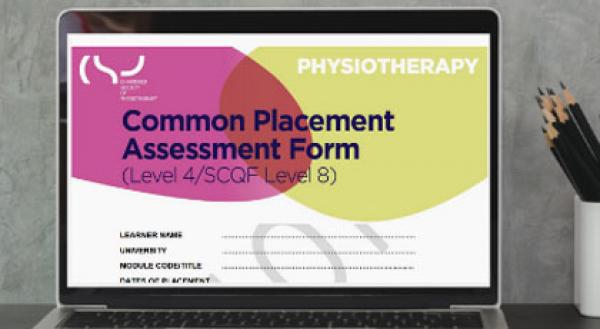Practice-based learning (PBL) is a vital component of pre-registration physiotherapy education.

Students are the future of this profession – it is imperative that we all play our part in supporting the next generation of physios to gain the experience they need to develop as rounded professionals, and to develop the skills to practise across all settings.
The CSP has lobbied government to push for pre-registration training numbers to take account of independent as well as NHS staffing needs. In line with this, we actively encourage contemporary placement opportunities to help students develop their practical, real-world understanding of how physiotherapy meets the needs of a wide range of client groups/conditions – in a variety of environments – and across all the sectors and settings.

Practice-based learning case studies
Practice-based learning can take a variety of forms. Read through our case studies to find out what these placements involved, what worked well and the key learnings and reflections.

Thinking of offering a student placement?
We’ve seen an increase in a number or providers showing interest, so we have pulled together the key information you may want to consider when contacting physiotherapy course providers. You'll also find guidance on how to make a great placement.

Supervision models
Supervision models are evolving to meet the needs of students, the profession and the work environment.
We promote the use of a variety of models when facilitating PBL, including part-time placements, peer-assisted learning, learning within interprofessional teams, long-arm supervision and multiple student-to-educator models – all are encouraged to become part of normal practice and education. Find out more about supervision models.

The Common Placement Assessment Form
The Common Placement Assessment Form (CPAF) is designed to provide a consistent and standardised approach to assessing students on placement irrespective of the university or the placement setting and environment. This includes placements within the private, independent and voluntary sector. Find out more about the CPAF.